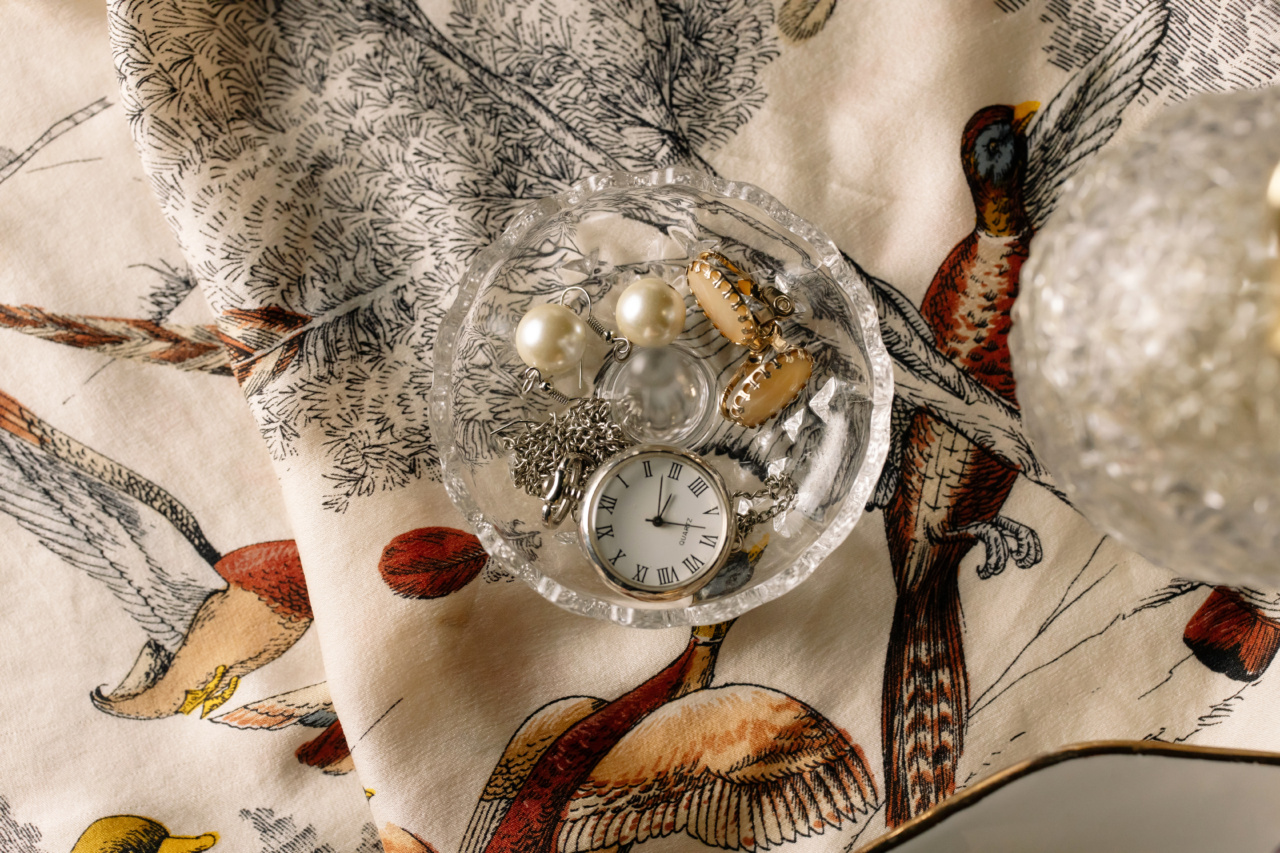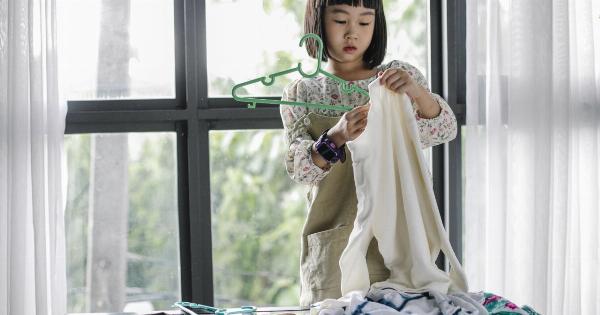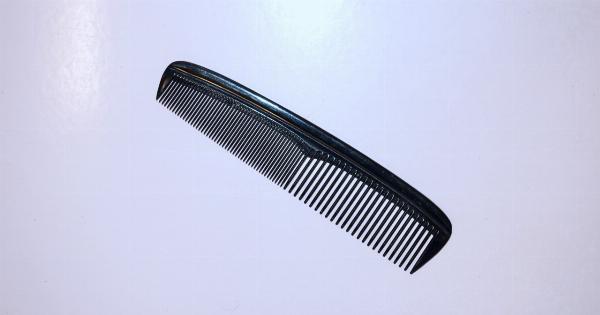Christmas is a time of joy, celebration, and beautiful decorations. However, for individuals with allergies, this festive season can quickly turn into a nightmare.
From Christmas trees to holiday foods, allergies can be triggered by various elements commonly associated with this time of year. Fortunately, with some precautions and awareness, you can minimize the risk of allergic reactions and fully enjoy the holiday season. Here are some tips to help you avoid allergic reactions at Christmas time.
1. Choosing an Allergy-Friendly Christmas Tree
Putting up a Christmas tree is an essential part of holiday traditions. However, Christmas trees can trigger allergic reactions for some individuals, especially those who are allergic to pollen or have sensitivity to mold.
To avoid these issues, consider the following:.
- Opt for an artificial Christmas tree instead of a real one to eliminate the risk of pollen or mold exposure.
- If you prefer a real tree, make sure to shake it vigorously to remove any loose pollen or mold spores before bringing it indoors.
- Keep the tree well-watered to prevent it from drying out and producing more allergens.
2. Decorate with Hypoallergenic Ornaments
While decorating your Christmas tree, be mindful of the ornaments you choose. Some ornaments can contain allergens such as dust mites or certain types of metal that may cause skin irritation. Consider the following tips when selecting ornaments:.
- Opt for hypoallergenic ornaments made of materials like glass, plastic, or wood.
- Wash or wipe down ornaments before hanging them to remove any accumulated dust or potential allergens.
- Avoid ornaments made of nickel or other metals that may cause an allergic reaction in sensitive individuals.
3. Be Cautious with Scented Candles and Air Fresheners
Filling your home with the delightful scents of Christmas is a common practice. However, scented candles and air fresheners can be problematic for individuals with allergies, asthma, or chemical sensitivities. Here’s what you can do:.
- Choose unscented or naturally scented candles made from beeswax or soy.
- Avoid using air fresheners that contain artificial fragrances or other potential irritants.
- Consider using essential oils for a natural holiday scent, but be cautious as certain oils can also trigger allergies in some people.
4. Carefully Select Holiday Foods
Food allergies and intolerances can make holiday gatherings challenging. To ensure a safe and enjoyable Christmas feast, keep the following in mind:.
- Communicate your dietary restrictions and allergies to the hosts or chefs responsible for preparing the meals.
- If you have severe food allergies, it may be best to bring your own dish to share, guaranteeing that you have a safe option to enjoy.
- Carefully read food labels when purchasing packaged or premade holiday treats, as they may contain hidden allergens.
5. Control Indoor Allergens
Allergens like dust mites, pet dander, and mold can become more prevalent during the winter months when people spend more time indoors. Follow these tips to control indoor allergens:.
- Vacuum and dust your home regularly to minimize the accumulation of dust mites and dander.
- Use allergen-proof covers on pillows, mattresses, and upholstered furniture to reduce exposure to dust mites.
- Keep humidity levels in check to prevent the growth of mold. If necessary, use a dehumidifier in damp areas of your home.
6. Be Mindful of Seasonal Allergies
While many people associate allergies with springtime, some individuals also experience seasonal allergy symptoms during the winter months. Take the following precautions to manage seasonal allergies:.
- Keep track of the local pollen count and avoid outdoor activities during peak pollen times.
- Wear a scarf or mask to cover your nose and mouth when spending time outside to limit pollen exposure.
- Consider using over-the-counter or prescribed allergy medications to manage symptoms.
7. Clean Decorations and Artificial Christmas Trees
Before bringing out your decorations or artificial Christmas tree from storage, take the time to clean them:.
- Gently wash or wipe down ornaments, garlands, and other decorations to remove dust that may have accumulated during storage.
- If using an artificial tree, clean it thoroughly to eliminate any mold spores or allergens that might be present.
8. Use Natural Cleaning Products
Many people engage in deep cleaning before the holidays, and the cleaning products used can sometimes trigger allergic reactions. Consider these alternatives:.
- Opt for natural or eco-friendly cleaning products that are free from harsh chemicals and artificial fragrances.
- Create your own cleaning solutions using simple ingredients like vinegar, baking soda, and lemon juice.
- Open windows or use ventilation to reduce your exposure to cleaning product fumes.
9. Keep Medications Handy
Even with all the precautions taken, allergic reactions can still occur. Always be prepared by keeping your necessary medications on hand:.
- Keep antihistamines, epinephrine auto-injectors (for severe allergies), and any other prescribed medication readily available.
- Inform your close family members or friends about your allergies and where your medications are stored in case of an emergency.
10. Consult an Allergist
If you are unsure about specific allergies or have had severe allergic reactions in the past, it is advisable to consult an allergist:.
- An allergist can conduct allergy testing to identify specific triggers and provide personalized advice.
- They can recommend appropriate treatments and preventive measures to manage your allergies effectively.
Conclusion
By following these tips and being mindful of potential allergens, you can navigate the Christmas season without the fear of allergic reactions.
Remember to communicate your allergies to others, take necessary precautions when decorating, and keep your environment clean. With a little planning and preparation, you can ensure a joyful and allergy-free holiday season for yourself and your loved ones.



























